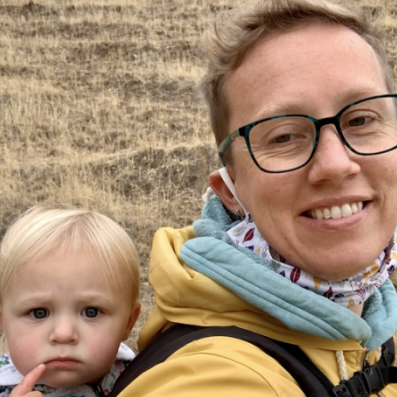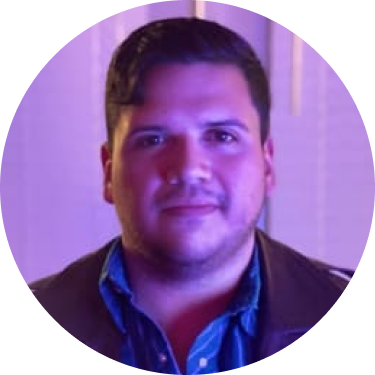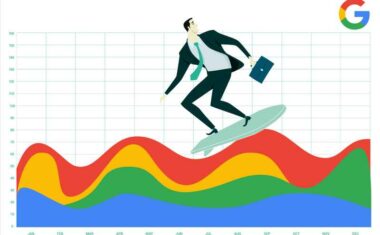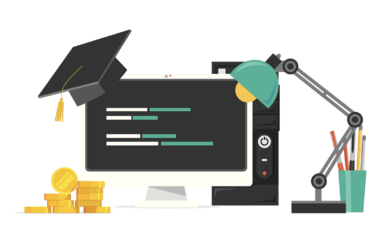How to Ace the Phone Screen: Tips From a Recruiter

You’ve developed the requisite skills, put them on display in a top-notch portfolio and resume, built a network of peers and mentors, and landed an interview for a dream job in data science.
Phone Screen Tips
And your work is just beginning; it’s time for interview prep!
This is crucial—and we aren’t just referring to preparation for the technical challenge or an interview with an executive. The very first step—the phone screen with someone from human resources (or the newer, friendlier people ops)—is not to be underestimated.
Many candidates sell this conversation short because it’s not technical. Most of the time, this screen involves establishing the beginnings of a culture fit and making sure that you have the communication skills to come off well in a subsequent interview with the hiring manager. Sometimes there will be basic technical questions to screen out unqualified candidates, but the focus is culture.
As a result, some candidates don’t prepare as seriously as they should. But the reality is: if you don’t do well here, you won’t go to the next stage. So come prepared with thoughtful, practiced responses to some of the typical questions.
We’ve identified a few and paired them with insights from one of our own talented recruiters:
Why do you want to be a data scientist/analyst?
The best kind of answer is one that shows you’re connecting various dots from your past such that data science/analytics is the obvious next step. So, if you had always wanted to be a political science major, then had an internship in government, found you loved working with large data sets, and also minored in economics—it’s clear that data science is the immediate next step. Even if you’re switching careers from the humanities, give a logical explanation of why this is undoubtedly the right move for you.
Why do you want to work at this company?
Mission alignment is important here. You might be looking at jobs across a variety of industries or geographies, but you’ll come out on top here if you can tie your career goals or decision-making to the company’s current problems. So, you might state that you want to make people’s lives better, or help a big company operate more efficiently, or help a small one scale up.
Also, show that you’ve done your research on the company; you can point to the team size and stage, good recent press you’ve read about the product/team/founders or positive impressions from Glassdoor or Muse profiles.
Above all, try to show genuine motivation—not just “I need a job,” but “I need this job.”
Get To Know Other Data Science Students
Meghan Thomason
Data Scientist at Spin
George Mendoza
Lead Solutions Manager at Hypergiant
Esme Gaisford
Senior Quantitative Data Analyst at Pandora
What was a time when you had to handle a conflict with your colleagues or manager?
The interviewer is looking for smarts, good communication skills, problem-solving ability, an absence of ego, and above all else, self-awareness and introspection. However, every data scientist should possess these skills.
Now, you should tread carefully here. Making yourself look good at others’ expense doesn’t reflect well on you! Speak positively about past coworkers and companies. Also, don’t pick something where you only played a small role or something that was easily resolved. Own up to your mistakes (everyone makes them).
Finally, read between the lines: describe not just the situation and what you did to resolve it, but also what you learned from it for the future.
What has been your proudest professional accomplishment?
This question is as much a test of your verbal communication or storytelling skills as it is about the work itself. To start, give context: clearly state the company you were working at, the project scope and how critical it was to the company’s success, who else was involved, what your role was, how you worked (tools, processes, time taken), and what specific results you drove.
There may well be follow-up questions. Be prepared to go deep. This is the recruiter’s chance to use your past work to imagine your future success.
And keep this as fresh as possible. A relatively old example may make the recruiter wonder why you don’t have something more recent with which to toot your own horn.
What can your hobbies tell me that your resume can’t?
Here the recruiter is trying to get a sense of your “whole self.” What skills or interests will you add to the team, beyond the fulfillment of your specific job duties?
You don’t have to get into any detail that you feel uncomfortable sharing, or that could open you up to discrimination (e.g., it may be true that your hobbies include sewing new clothes for your 6-month-old, but you don’t have to divulge that you’re a parent if you don’t want to).
But you should share something interesting to complement your professional persona; for example, if your job is in data science but you talk about spending your weekends wrangling data sets for a volunteer project, that won’t tell the recruiter much. Paint a fuller picture of your personality.
Since you’re here…
Thinking about a career in data science? Enroll in our Data Science Bootcamp, and we’ll get you hired in 6 months. If you’re just getting started, take a peek at our foundational Data Science Course, and don’t forget to peep our student reviews. The data’s on our side.





